Home>diy>Building & Construction>What To Ask To A Builder When Building A House


Building & Construction
What To Ask To A Builder When Building A House
Modified: January 24, 2024
Looking to build your dream house? Learn the essential questions to ask a builder during the construction process. Ensure a successful building-construction journey with these expert tips.
(Many of the links in this article redirect to a specific reviewed product. Your purchase of these products through affiliate links helps to generate commission for Storables.com, at no extra cost. Learn more)
Introduction
Building a house is a significant investment, both financially and emotionally. It is a process that requires careful planning, attention to detail, and hiring the right professionals. One of the most crucial decisions you will make is choosing the right builder for your project. A skilled and experienced builder can turn your dream home into a reality, while an inexperienced or unreliable one can lead to costly mistakes and delays.
When starting the process of building your own house, there are several key questions you should ask potential builders to ensure they are the right fit for your project. These questions will give you valuable insight into their experience, credentials, process, and approach to construction. By asking the right questions, you can make an informed decision and have peace of mind throughout the building process.
In this article, we will discuss the top questions to ask a builder when building a house. By considering these questions, you can better assess their abilities and determine if they are the right fit for your project. Let’s dive in!
Key Takeaways:
- Choosing the right builder for your house construction project is crucial. Ask about their experience, credentials, previous work, and references to ensure they have the expertise and craftsmanship to bring your dream home to life.
- Discussing the building process, timeline, costs, permits, insurance, and the building contract with your builder is essential for a successful construction journey. Clear communication and thorough understanding of these factors will help you select the right builder and protect your interests.
Builder’s Experience and Credentials
When hiring a builder to construct your house, one of the first things you need to consider is their experience and credentials. Building a house requires extensive knowledge and expertise, so it’s essential to work with a builder who has a proven track record and a solid reputation in the industry.
Here are some questions to ask a potential builder regarding their experience and credentials:
- How many years of experience do you have in the construction industry?
- Have you built houses similar to the one I am planning to build?
- Are you licensed, bonded, and insured?
- Do you have any certifications or memberships in professional associations?
By asking these questions, you can gauge the builder’s level of expertise and ensure that they have the necessary qualifications to handle your project. A builder with a long history of successful projects and relevant experience will have the knowledge and skills needed to deliver a high-quality home within budget and on time.
Additionally, check references and ask for a portfolio of their previous work. This will give you a sense of their craftsmanship and attention to detail. Speaking with previous clients can also provide valuable insights into their experience working with the builder.
Remember, building a house involves various technical aspects, such as plumbing, electrical work, and structural engineering. It’s essential to work with a builder who has a solid understanding of these areas and can coordinate the work of different tradespeople effectively.
Furthermore, inquire about their suppliers and subcontractors. A reputable builder will have established relationships with reliable suppliers and subcontractors who can deliver quality materials and workmanship. This ensures that your house is built with the best possible materials and meets the highest standards of construction.
By asking questions about the builder’s experience and credentials, you can gain confidence in their abilities and make an informed decision about whether they are the right fit for your project.
Building Process and Timeline
Understanding the building process and timeline is crucial when embarking on a house construction project. Asking the builder about their process and timeline will give you a clear picture of what to expect and help you plan accordingly.
Here are some important questions to ask a potential builder regarding the building process and timeline:
- What is your typical process for building a house?
- What are the key stages of construction?
- How long does it usually take to complete a project of this size?
- How often will we have progress meetings or updates?
By asking these questions, you can gain insights into the builder’s approach to construction and how they manage the various stages of the project. Understanding the timeline will help you set realistic expectations and plan other aspects of your life, such as selling or renting your current home or coordinating the move-in schedule.
During your conversation, inquire about potential factors that could affect the timeline, such as weather conditions, site inspections, or obtaining permits. A seasoned builder will have contingency plans in place to account for any unexpected delays and minimize disruptions to the project.
It’s also important to discuss any specific requirements or changes you may have during the construction process. Ask the builder how they handle change orders and whether they have a process in place to document and communicate these changes effectively.
By having a clear understanding of the building process and timeline, you can better plan and prepare for the construction of your house. This will help ensure a smoother and more efficient project overall.
Previous Work Examples and References
When considering a builder for your house construction project, it’s essential to review their previous work and gather references from past clients. Examining their portfolio and speaking with references will give you valuable insights into the quality of their craftsmanship, attention to detail, and customer satisfaction.
Here are some questions to ask a potential builder regarding their previous work examples and references:
- Can you provide examples of houses you have built in the past?
- Do you have any references from previous clients?
- May I visit a completed project or speak with a previous client?
Reviewing the builder’s portfolio will allow you to see their style, craftsmanship, and attention to detail. You can evaluate the quality of their work and assess whether it aligns with your vision and expectations for your own project. Keep an eye out for the overall design, use of materials, and finishing touches in their previous projects.
Speaking with references is equally important. It will give you firsthand accounts of how the builder communicates, works within budget and timeline, and handles any challenges that arise during the construction process. Ask the references about their overall experience working with the builder, the quality of the work, and if they would recommend them for future projects.
If possible, try to visit a completed project in-person. This will allow you to see the builder’s work firsthand and ask the homeowner about their experience. Pay attention to the overall craftsmanship, the durability of materials used, and the overall satisfaction of the homeowner.
By reviewing previous work examples and speaking with references, you can gain confidence in the builder’s abilities and ensure that they are capable of meeting your expectations and delivering a high-quality finished product. These firsthand accounts will provide valuable insights and help you make an informed decision when selecting a builder for your project.
Material and Design Choices
Choosing the right materials and design elements for your new house is a crucial step in the construction process. It not only affects the overall aesthetics but also the durability, energy efficiency, and maintenance requirements of the home. When discussing material and design choices with your builder, be sure to ask the following questions:
- What types of materials do you typically use in your construction projects?
- Do you have any recommendations for energy-efficient or sustainable building materials?
- Can you provide samples or examples of different materials and finishes?
- Do you work with an interior designer or have any design consultation services?
A skilled builder will have experience working with a wide range of materials and finishes, and they should be able to provide recommendations based on your preferences, budget, and the climate of your area. They should also be knowledgeable about energy-efficient options that can help reduce utility costs and minimize the environmental impact of your new home.
Ask for samples or examples of different materials, such as flooring, countertops, cabinetry, and exterior finishes. This will help you visualize how different options will look in your home and make informed decisions regarding the overall design style and color palette.
If you’re unsure about design choices or would like professional guidance, inquire whether the builder works with an interior designer or offers design consultation services. They can help you make design decisions that match your style and preferences while ensuring functionality and coherence in the overall design.
It’s important to discuss your expectations regarding the quality of materials and finishes. Make sure you and the builder are aligned on this aspect, including any upgraded or custom options you may desire. Understanding the available choices and their associated costs will help you make informed decisions and avoid any surprises or disappointments during the construction process.
By discussing material and design choices with your builder, you can ensure that your vision for the house is translated into reality, and the right materials are used to create a long-lasting, functional, and aesthetically pleasing home.
Read more: Questions To Ask When Building A House
Costs and Budgeting
When embarking on a house construction project, it’s crucial to have a clear understanding of the costs involved and establish a realistic budget. Asking the builder about costs and budgeting will help you plan your finances and avoid any financial surprises or setbacks along the way.
Here are some questions to ask a potential builder regarding costs and budgeting:
- What is your pricing structure?
- Do you provide a detailed itemized estimate or quote?
- What factors can affect the overall cost of the project?
- How do you handle any changes or additions to the scope of work?
- Are there any additional costs or fees that I should be aware of?
It’s important to establish how the builder structures their pricing. Some builders charge a fixed price, while others use a cost-plus method, where the final cost is calculated based on the actual expenses incurred during construction. Understanding the pricing structure will help you assess if it aligns with your budgeting preferences and financial goals.
Ask for a detailed itemized estimate or quote from the builder. This breakdown will give you insight into the individual costs of various aspects of the construction, such as materials, labor, permits, and any additional services or features you have requested. It will ensure transparency and help you make informed decisions regarding where to allocate your budget.
Discuss the factors that can affect the overall cost of the project, such as site conditions, design changes, and material selection. Understanding these factors will empower you to make choices that fit within your budget and avoid unexpected cost increases.
Additions or changes to the scope of work are common during the construction process. Ask the builder how they handle change orders, what the process entails, and how changes will impact the overall cost and timeline of the project. It’s essential to have a clear understanding of the procedure to avoid any misunderstandings or disputes in the future.
Lastly, inquire about any additional costs or fees that may arise during the construction process, such as permit fees, inspections, or utility fees. This will help you factor in these expenses and plan accordingly.
By discussing costs and budgeting with your builder, you can establish a realistic budget, understand the breakdown of costs, and make informed financial decisions throughout the construction process. This will help ensure that your project stays within budget and avoids any financial surprises along the way.
Ask the builder about their experience, previous projects, and references. Inquire about their process, timeline, and communication. Discuss warranties and insurance coverage.
Permits and Legal Compliance
Obtaining the necessary permits and ensuring legal compliance are vital aspects of any house construction project. It’s essential to work with a builder who is knowledgeable about the local building codes and regulations and who can navigate the permitting process efficiently. When discussing permits and legal compliance with a potential builder, consider asking the following questions:
- Are you familiar with the local building codes and regulations?
- Will you handle the permit application process?
- What permits will be required for my project?
- How do you ensure that all work meets the necessary legal requirements?
A builder who is familiar with the local building codes and regulations will ensure that your project meets the necessary standards for safety and structural integrity. They will be aware of any restrictions or special requirements that may apply to your specific location, such as flood zone regulations or historical preservation guidelines.
Inquire whether the builder will handle the permit application process on your behalf. A reputable builder will have experience in this area and will be able to navigate the bureaucracy of permit offices effectively. They will ensure that all required permits are obtained before commencing any construction activities.
Ask the builder about the specific permits that will be required for your project. This could include building permits, plumbing permits, electrical permits, or any other permits specific to your location. Understanding the requirements will give you peace of mind that all aspects of your project are above board and in compliance with local regulations.
In terms of legal compliance, discuss how the builder ensures that all work meets the necessary requirements. This may include regular inspections by local authorities or hiring third-party professionals to verify compliance with building codes and regulations. Understanding the builder’s approach to legal compliance will help you feel confident that your project will meet all necessary standards.
By discussing permits and legal compliance with your builder, you can ensure that your project is conducted in a legal and compliant manner. Working with a builder who is knowledgeable about local regulations will save you time, money, and potential legal issues in the long run.
Warranty and Service
When building a house, it’s important to consider the warranty and service provided by the builder. A comprehensive warranty ensures that any potential issues or defects in the construction are addressed promptly and effectively. When discussing warranty and service with a potential builder, consider asking the following questions:
- What type of warranty do you offer on your work?
- How long does the warranty last?
- What is covered under the warranty?
- What is the process for addressing warranty claims?
- Do you have a service department to handle post-construction issues?
A reputable builder should offer a warranty on their workmanship and materials. Inquire about the type of warranty they provide and how long it lasts. Typically, warranties can range from one to ten years, depending on the builder and the specific aspects of the construction.
Ask what is covered under the warranty. This could include structural defects, plumbing or electrical issues, or other concerns that may arise during the warranty period. Understanding the scope of coverage will help you know what to expect and what potential issues are your responsibility versus the builder’s responsibility.
Inquire about the process for addressing warranty claims. How does the builder handle warranty repairs or replacements? It’s important to know if there is a specific protocol to follow or if there is a dedicated service department to handle post-construction issues.
Additionally, ask if the builder has a service department. Having a dedicated team to handle any post-construction issues or concerns ensures that you will receive prompt attention and resolution to any problems that may arise after you occupy the house.
Obtaining clear information about the warranty and service provided by the builder will give you peace of mind knowing that they stand behind their work and are committed to your satisfaction as a homeowner. A strong warranty and reliable service department can make a significant difference in your overall experience and provide you with the assurance that your investment is protected.
Communication and Updates
Effective communication is crucial during any house construction project. It ensures that you stay informed about the progress, make timely decisions, and address any concerns or questions that may arise. When discussing communication and updates with a potential builder, consider asking the following questions:
- How will we communicate throughout the construction process?
- Who will be our main point of contact?
- How often can we expect progress updates?
- What methods of communication do you prefer (phone, email, in-person meetings)?
Clear and regular communication is key to a successful construction project. Inquire about the builder’s preferred communication methods. Some builders may prefer phone calls, while others may rely on email or project management software. Understanding their preferences will help you align your communication styles accordingly.
Ask who will be your main point of contact throughout the construction process. This person will serve as your go-to for any questions, concerns, or updates. Establishing a clear line of communication with a designated contact will ensure that you receive timely responses and avoid any miscommunication or confusion.
Discuss the frequency of progress updates. How often can you expect to receive updates on the project? Regular updates will keep you informed about the construction timeline, any milestones achieved, and any potential delays or concerns that may arise. It’s essential to establish a communication rhythm that suits both you and the builder.
Inquire about any preferred communication tools or software that the builder uses. Some builders utilize project management software that allows you to track progress and communicate directly within the system. Familiarize yourself with these tools and determine if they can provide you with the level of transparency and convenience you desire.
By discussing communication and updates with your builder, you can establish clear expectations and ensure that both parties are aligned on how to communicate effectively throughout the construction process. Good communication will foster a positive working relationship and make the construction journey smoother and more enjoyable.
Insurance and Liability Coverage
When hiring a builder for your house construction project, it’s important to consider their insurance and liability coverage. Construction sites can be prone to accidents and mishaps, and it’s crucial to work with a builder who has the proper insurance coverage to protect both themselves and you as the homeowner. When discussing insurance and liability coverage with a potential builder, consider asking the following questions:
- Do you have general liability insurance?
- Are you covered by workers’ compensation insurance?
- Can you provide proof of insurance?
- How does your insurance coverage protect both you and me as the homeowner?
General liability insurance is essential for any builder. It protects against property damage and bodily injury claims that may arise during the construction process. Inquire if the builder has this coverage and ensure that it is current and sufficient to cover potential risks.
Workers’ compensation insurance is another critical coverage to confirm. This coverage ensures that workers on the construction site are protected in case of an injury or accident. Without workers’ compensation, you as the homeowner could be held liable for any injuries that occur. Confirm that the builder has this coverage and ask for proof if necessary.
Ask the builder to provide proof of insurance. This could be in the form of an insurance certificate or documentation from their insurance provider. Review the documents to ensure that the coverage is comprehensive and up to date.
Discuss how the builder’s insurance coverage protects both you as the homeowner and the builder themselves. Clarify who is responsible for what aspects of the insurance, such as property damage or injury claims. Understanding the extent of the coverage will give you peace of mind and protect you from potential liability during the construction process.
Remember, working with a builder who has proper insurance and liability coverage is important for your protection and the smooth running of the project. It minimizes the risk of financial and legal complications and provides assurance that you are working with a responsible and professional builder.
Building Contract and Terms
Before starting a house construction project, it’s crucial to have a detailed building contract in place. The contract outlines the terms and conditions of the project and serves as a legal document to protect both you and the builder. When discussing the building contract and terms with a potential builder, consider asking the following questions:
- Will you provide a written contract?
- What are the key terms and conditions outlined in the contract?
- What is the payment schedule?
- What happens if the project is delayed?
- Are there any warranties or guarantees mentioned in the contract?
It’s important to ensure that the builder provides a written contract. A written contract provides clarity and helps prevent misunderstandings or disputes down the line. It should outline all relevant terms, conditions, and specifications of the project.
Ask the builder about the key terms and conditions outlined in the contract. This may include the scope of work, timeline, materials to be used, and any specific requirements or preferences you have discussed. Review these terms thoroughly and seek clarification on any points that are unclear or need further elaboration.
Discuss the payment schedule outlined in the contract. Understand when payments are due and how they align with key milestones in the construction process. It’s important to establish a clear understanding of the financial expectations throughout the project.
Inquire about the provision for project delays in the contract. Construction projects can sometimes experience unexpected delays due to weather, supply chain issues, or other factors. Understanding the builder’s approach to delays and any potential remedies or extensions outlined in the contract will help you plan and adjust accordingly.
Ask if there are any warranties or guarantees mentioned in the contract. This could include warranties on specific aspects of the construction or guarantees of workmanship. Review the terms of these warranties to ensure they align with your expectations and provide sufficient coverage.
It’s important to carefully review the entire contract and consult with legal professionals if needed. The contract should protect your interests as a homeowner and outline the responsibilities of both parties involved in the project.
By discussing the building contract and terms with the builder, you can ensure that you have a clear understanding of the project expectations, payment schedule, and any warranties or guarantees. This will provide you with peace of mind and minimize potential misunderstandings or disputes during the construction process.
Conclusion
Building a house is a significant endeavor, and selecting the right builder for your project is crucial to its success. By asking the right questions and considering important factors, you can make an informed decision and ensure a smooth and successful construction journey.
In this article, we discussed the top 10 questions to ask a builder when building a house. We covered topics such as the builder’s experience and credentials, the building process and timeline, previous work examples and references, material and design choices, costs and budgeting, permits and legal compliance, warranty and service, communication and updates, insurance and liability coverage, and the building contract and terms.
When interviewing potential builders, always inquire about their experience, credentials, and past work examples. This will give you a sense of their expertise and craftsmanship. Discuss the building process, timeline, and communication methods to ensure that you are aligned on expectations. Consider material and design choices carefully, keeping in mind aesthetics, durability, and sustainability.
When it comes to costs and budgeting, ask for detailed estimates and inquire about potential additional fees or costs. Ensure that the builder is knowledgeable about permits and legal compliance and has the appropriate insurance and liability coverage to protect both parties involved.
Finally, have a thorough understanding of the warranty and service offered by the builder and review the building contract in detail to protect your interests.
By asking these questions and considering the factors discussed in this article, you can select a builder who meets your needs, has the necessary qualifications, and can bring your dream home to life. Building a house is an exciting journey, and with the right builder by your side, you can create a home that you will cherish for years to come.
Frequently Asked Questions about What To Ask To A Builder When Building A House
Was this page helpful?
At Storables.com, we guarantee accurate and reliable information. Our content, validated by Expert Board Contributors, is crafted following stringent Editorial Policies. We're committed to providing you with well-researched, expert-backed insights for all your informational needs.
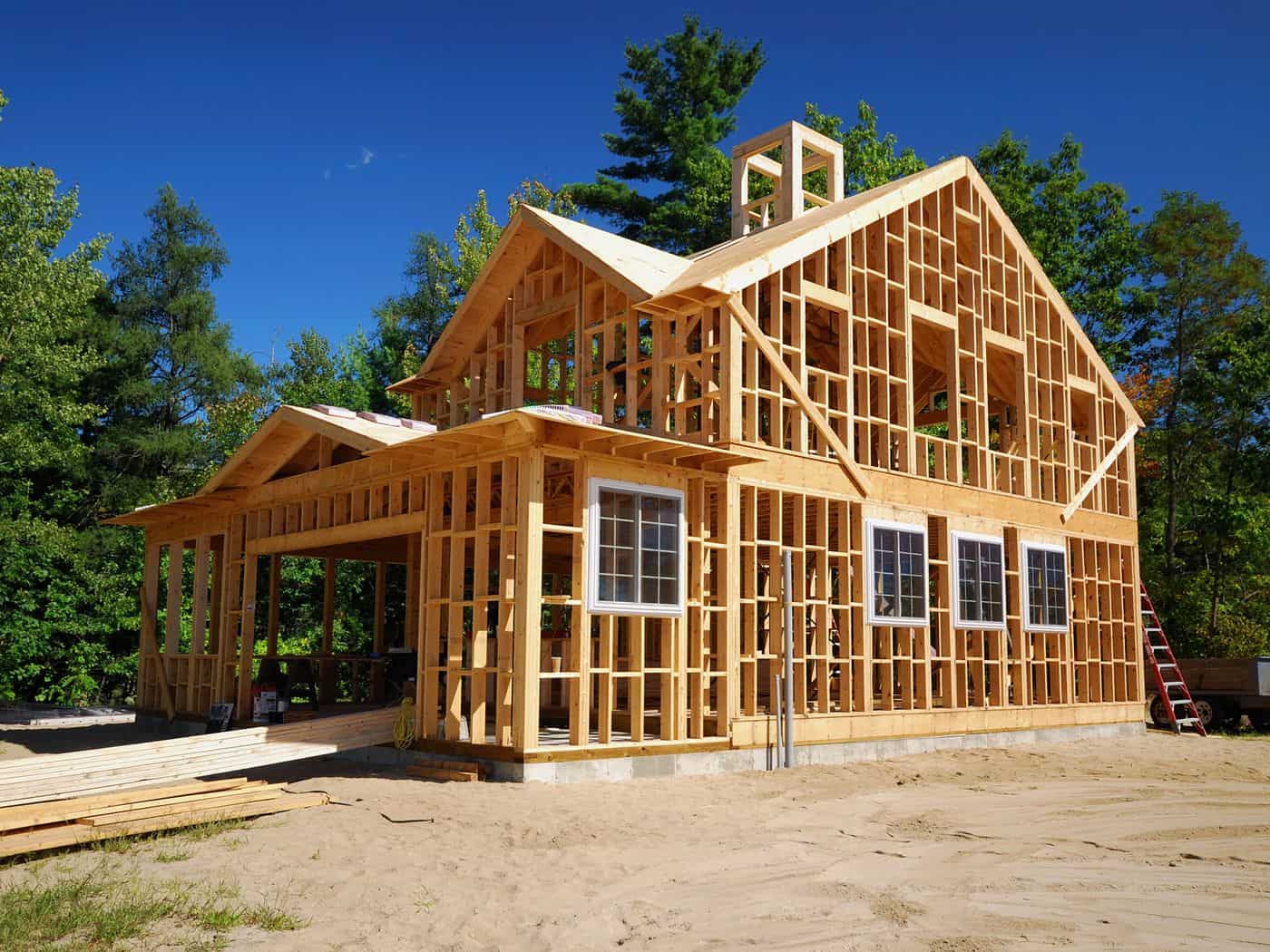
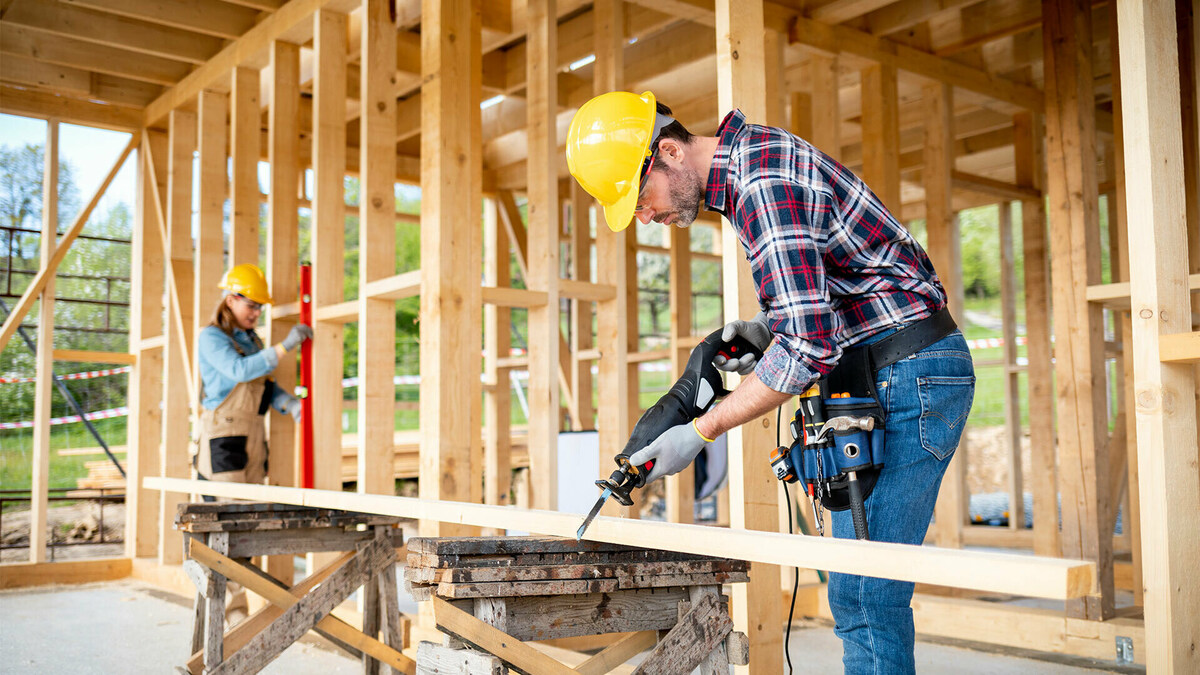
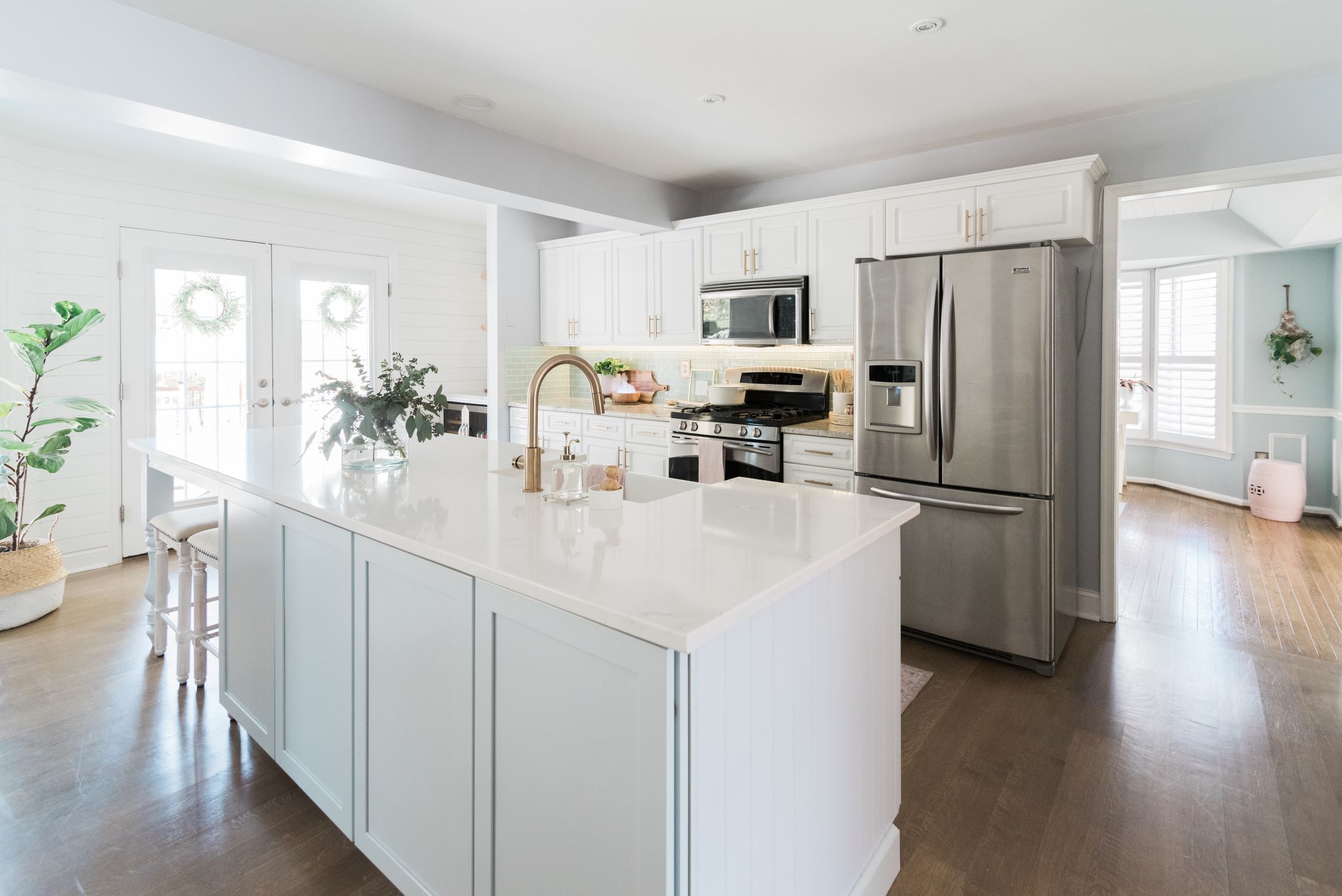

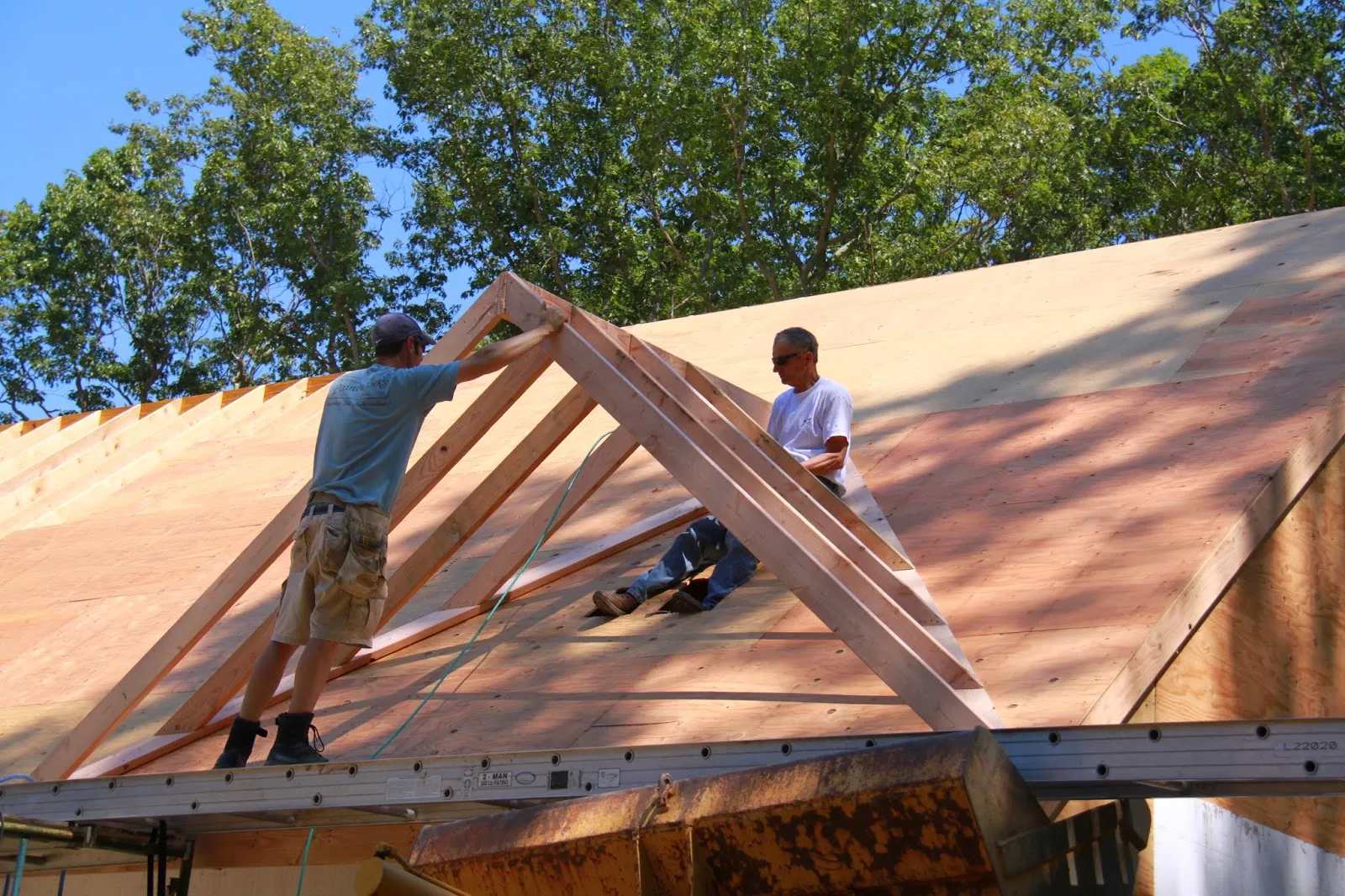

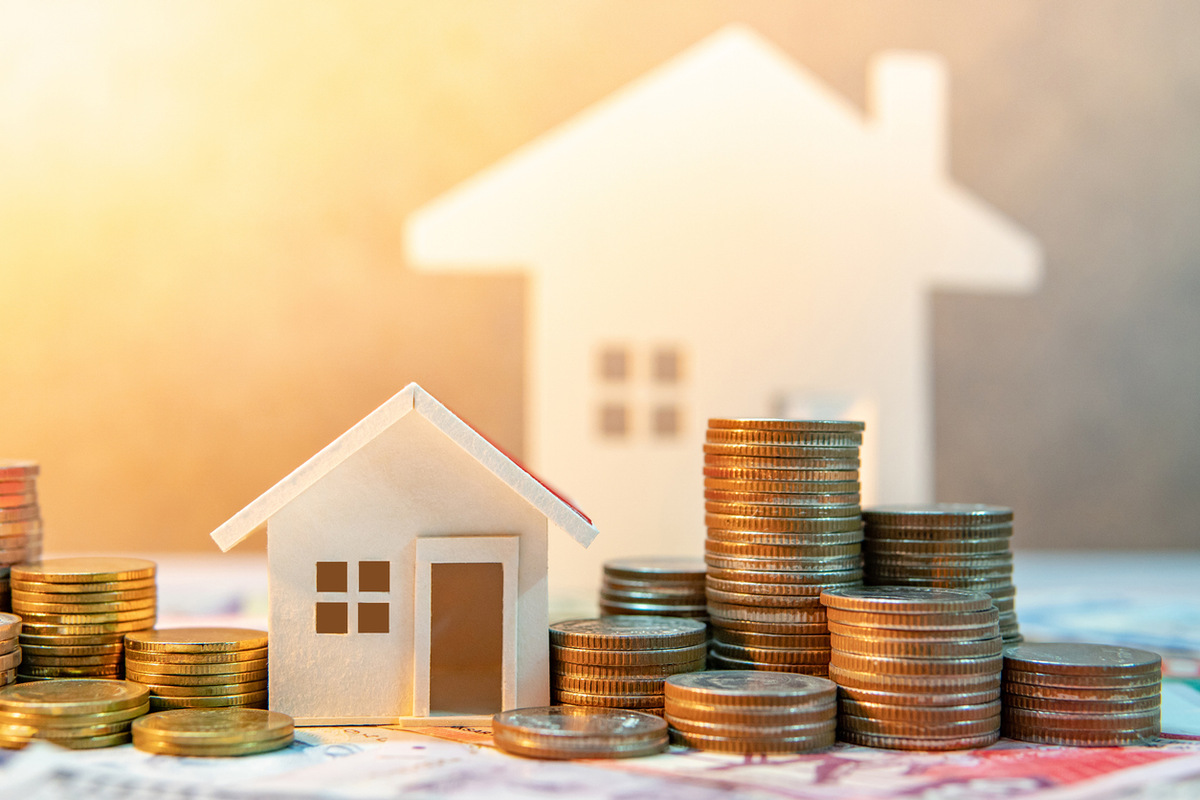
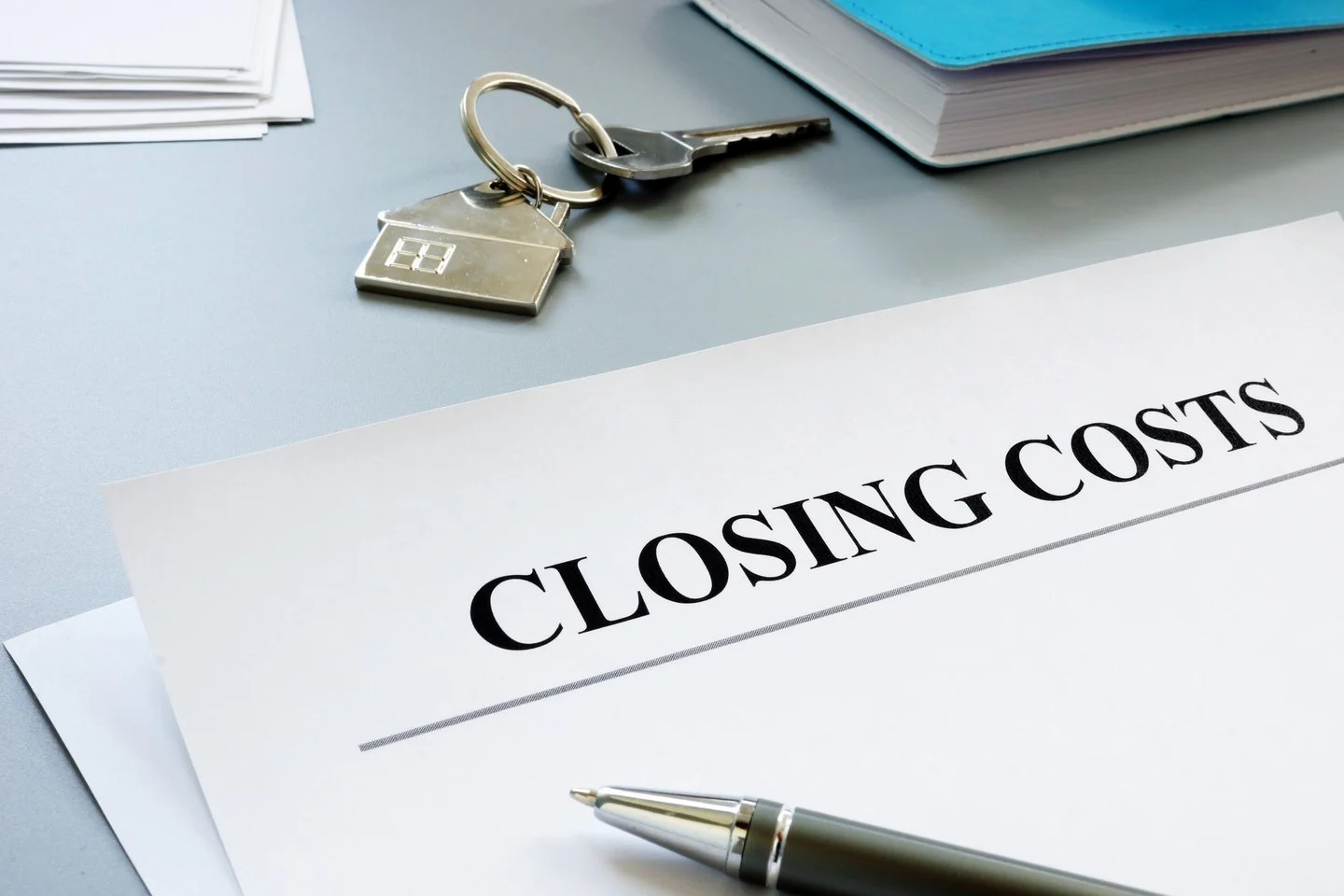
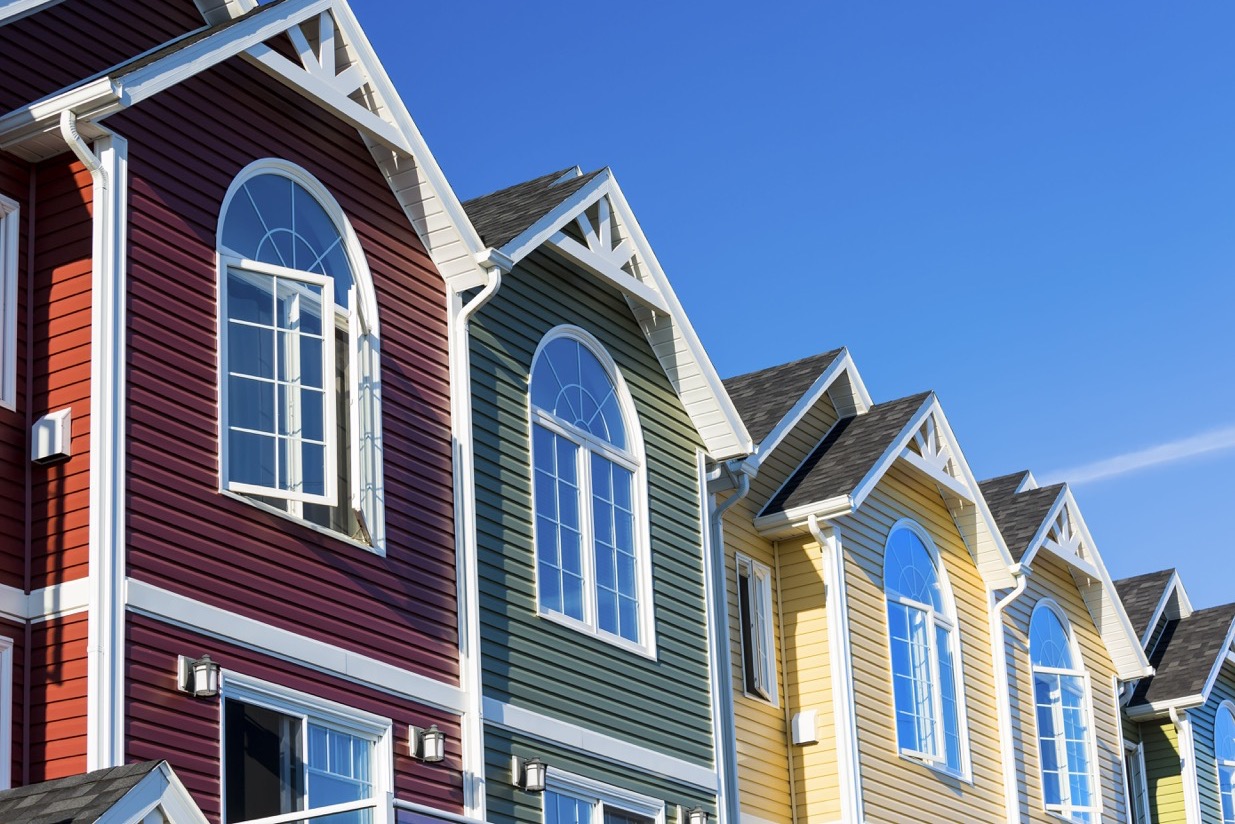
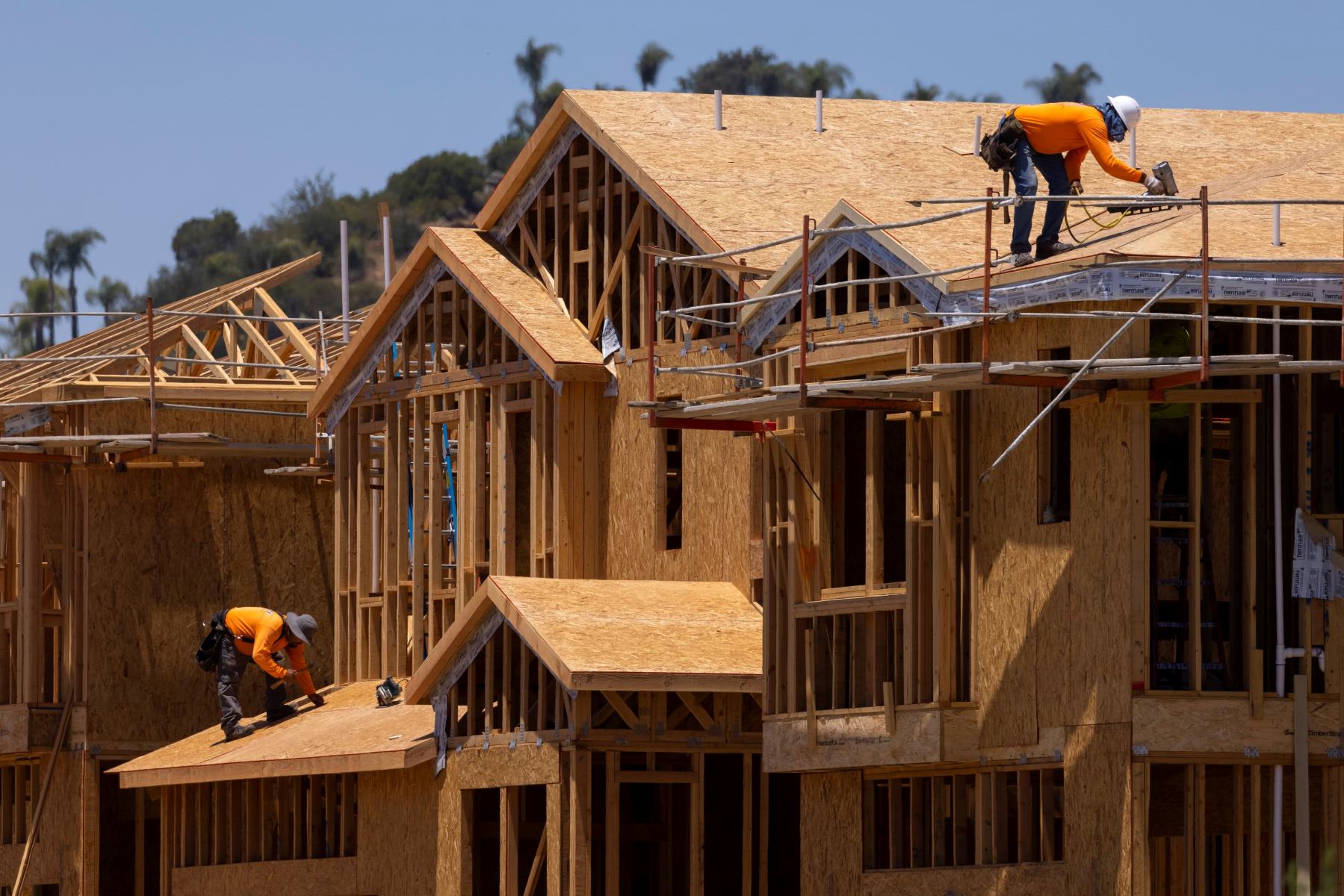
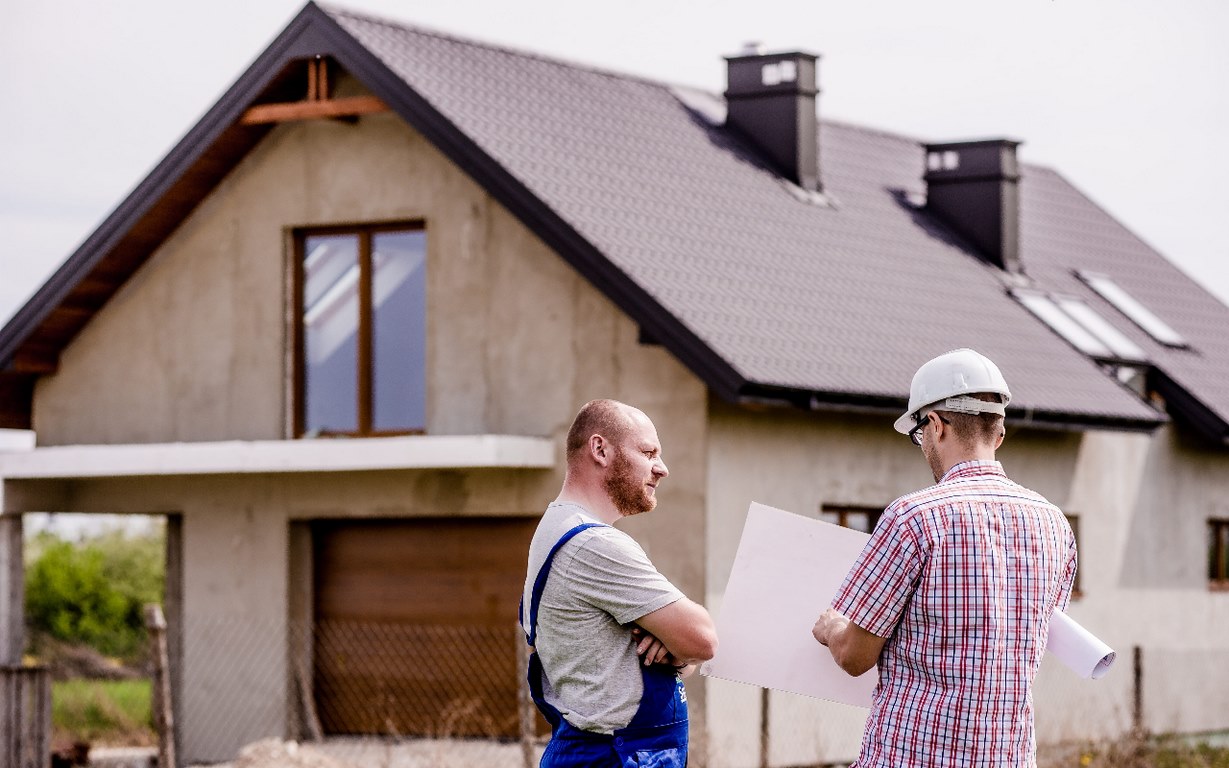
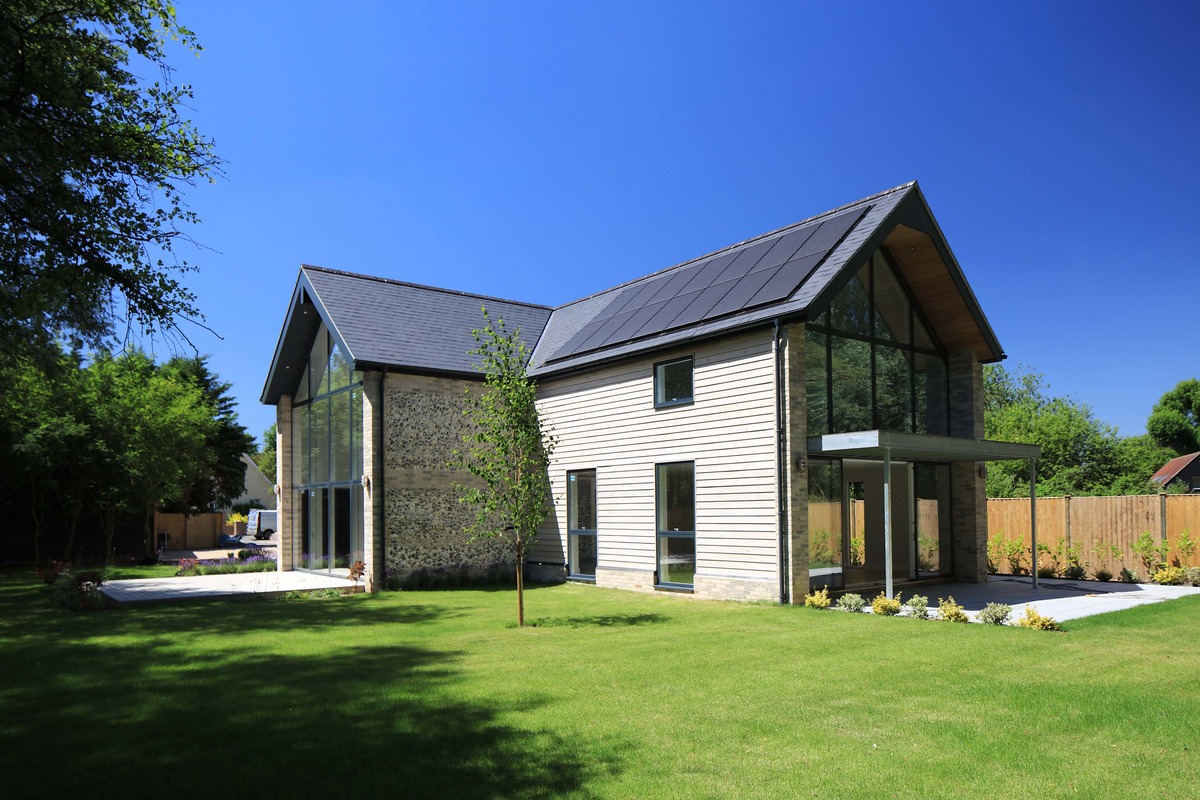
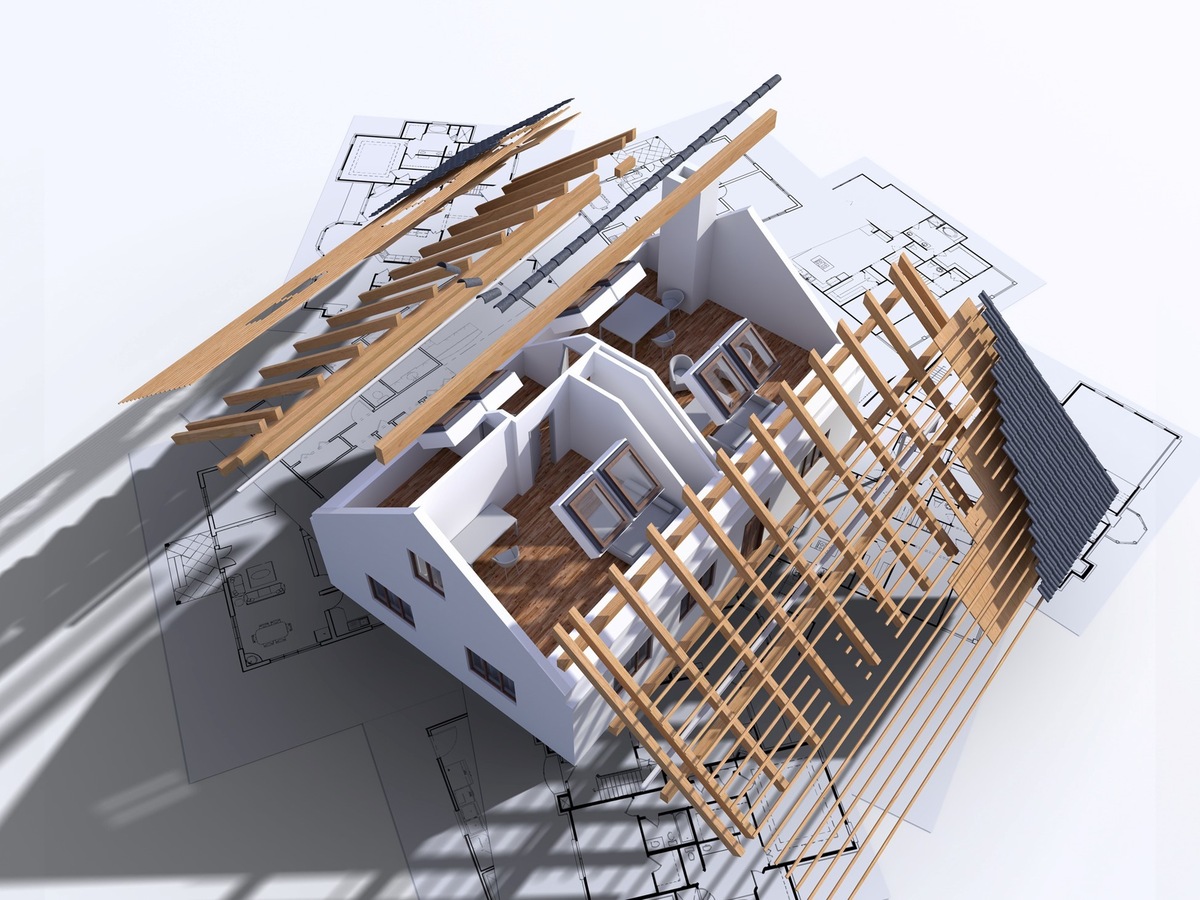

0 thoughts on “What To Ask To A Builder When Building A House”